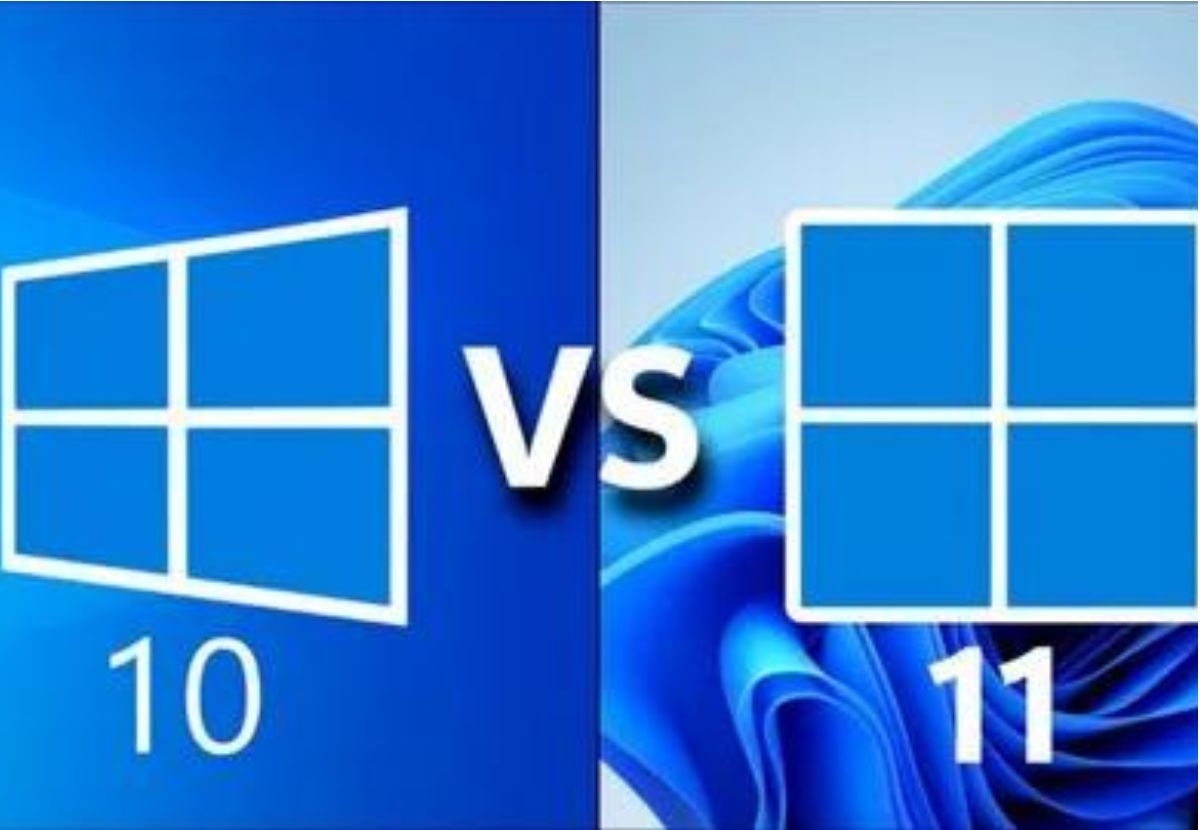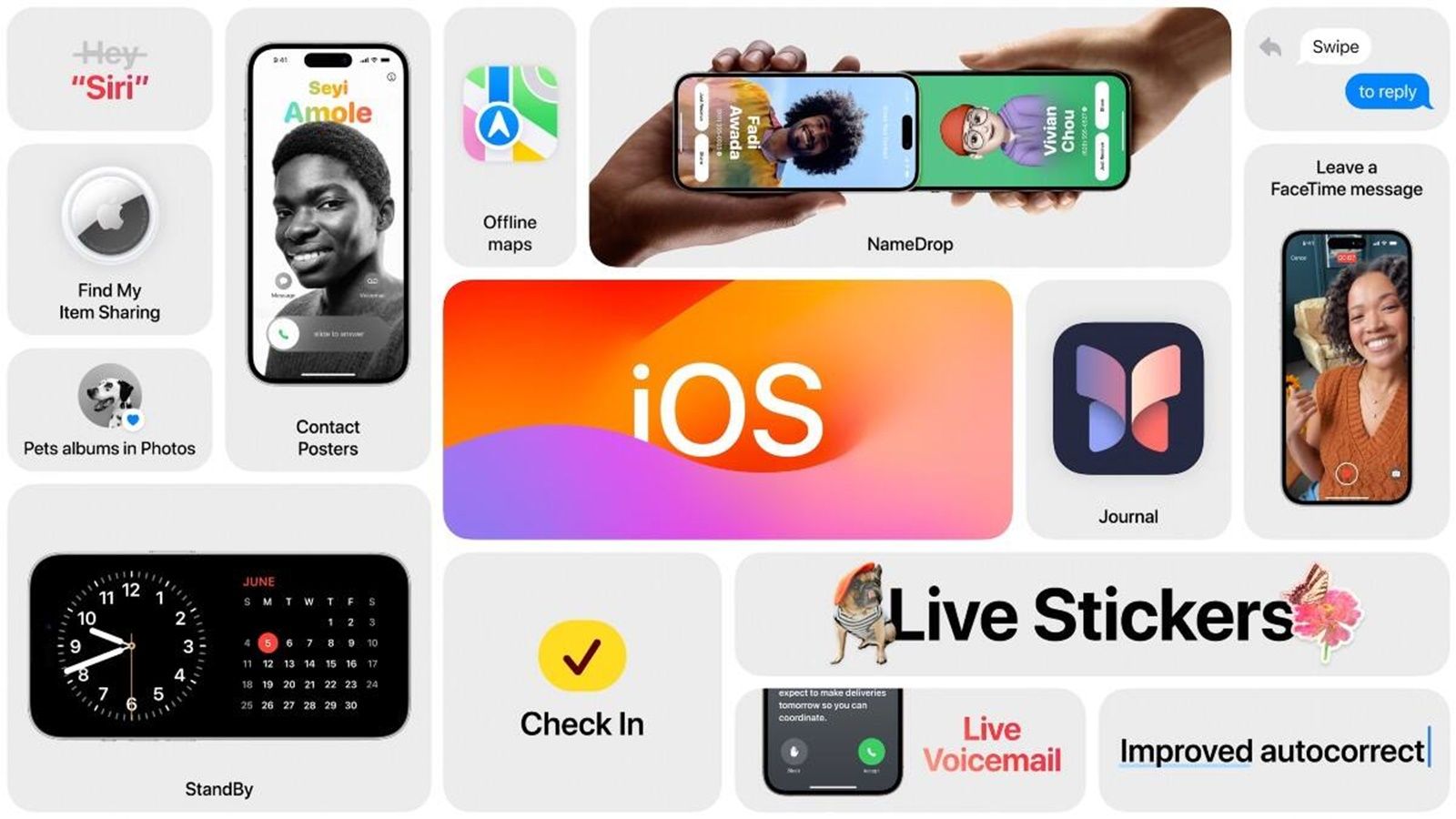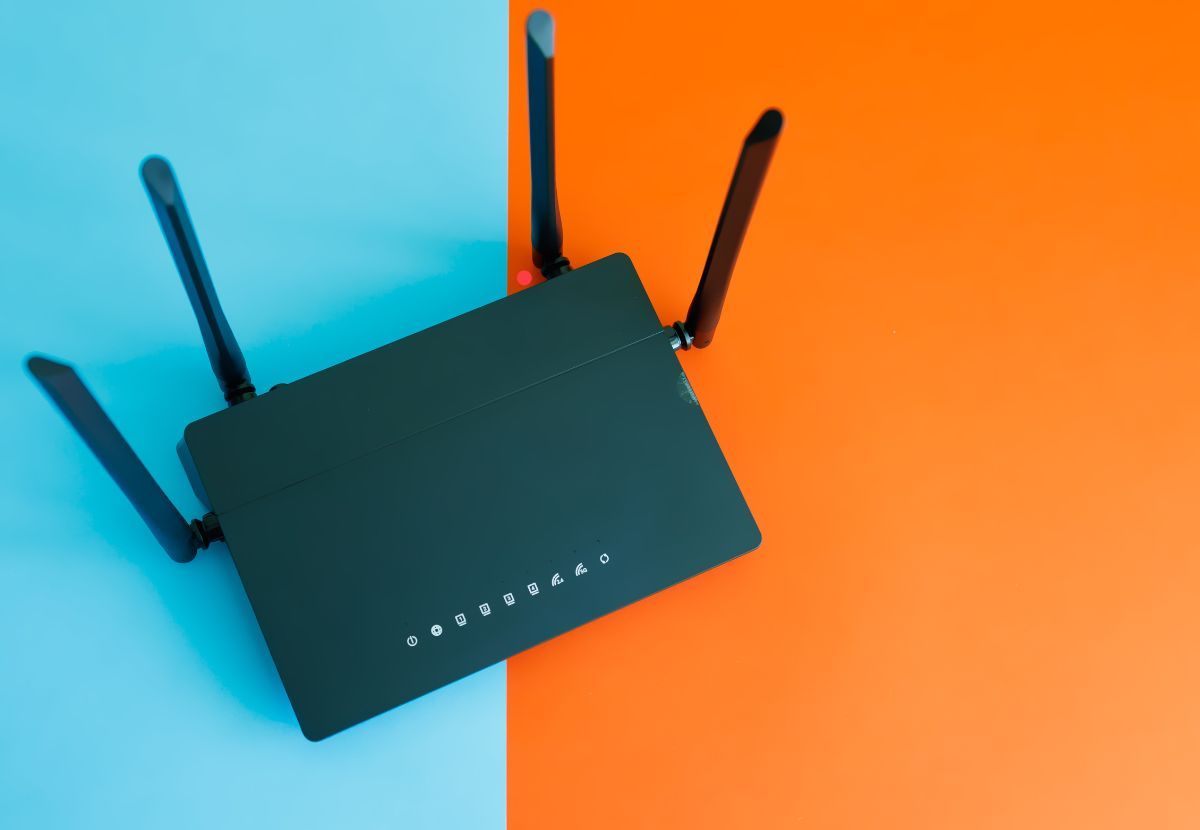
Curious if Windows 11 is lighter than Windows 10? You've come to the right place! In this article, we'll delve into the distinctions between these two operating systems, examining aspects like resource usage, performance, and speed. By analyzing metrics such as memory and CPU usage, we aim to provide you with a clear comparison to help you decide which OS suits you best.
Although Windows 11 has not yet been released, it is anticipated to be more lightweight than Windows 10. Historically, Windows 10 has a significantly larger footprint compared to its predecessor, Windows 7, and is more resource-intensive than Windows 8.1. Windows 11 is expected to be optimized for better performance and require fewer resources than Windows 10. Get ready to discover if Windows 11 truly outshines Windows 10 in efficiency!
Is Windows 11 Lighter Than Windows 10?
Windows 11 is Microsoft's newest operating system, designed to be lighter & faster than its predecessor, Windows 10. This article examines the distinctions between Windows 10 and Windows 11 and evaluates whether Windows 11 truly offers a more streamlined experience.
Differences Between Windows 10 and Windows 11
Windows 11 introduces several key differences from Windows 10, particularly in performance, usability, and user experience. The new operating system aims to enhance system performance, streamline usability, and offer an improved overall user experience.
One of the most notable changes is the new Windows Update feature. This feature allows users to automatically keep their systems up to date with the latest software & security patches, eliminating the need for manual downloads and installations. This not only boosts system security but also gives users greater control over their systems.
Another significant addition to Windows 11 is the Windows Sandbox feature. This innovative feature enables users to run untrusted applications in a secure, isolated environment, effectively preventing potential malicious activities from affecting the system.
Is Windows 11 Lighter Than Windows 10?
Windows 11 is designed to outperform Windows 10 by using fewer system resources, which results in a noticeable boost in performance. This new version of the operating system enhances system speed and user interface responsiveness.
In terms of usability, Windows 11 significantly elevates the user experience. The operating system introduces numerous features and improvements that simplify its use. For instance, the Windows Sandbox feature enables users to run untrusted applications in a secure, isolated environment. In contrast, the improved Windows Update feature ensures systems remain up-to-date automatically, eliminating the need for manual downloads and installations.
Security and Reliability of Windows 11
Windows 11 has significantly enhanced security by introducing several new features. One notable addition is the Windows Sandbox, which allows users to run untrusted applications in an isolated environment, thus safeguarding the system from potential malicious activity.
In terms of reliability, Windows 11 also excels with its improvements. The new Windows Update feature, for instance, ensures systems are kept up to date automatically, eliminating the need for manual downloads and installations. This not only boosts security but also grants users greater control over their systems.
Conclusion
Overall, Windows 11 is crafted to be lighter and faster than its predecessor, Windows 10. This new version of the operating system introduces numerous features and enhancements that improve usability and security. Additionally, the updated Windows Update feature enables users to keep their systems current effortlessly, eliminating the need for manual downloads and installations. This not only bolsters system security but also grants users greater control over their devices.
Also See>>>>>> Topicarea
FAQs
Is Windows 11 Lighter Than Windows 10?
No, Windows 11 is not lighter than Windows 10. As the latest version of Windows, it is designed to be more powerful and feature-rich compared to its predecessor. Windows 11 brings a host of new features & enhancements, such as improved security, faster speeds, a better user experience, and enhanced performance. Consequently, it is not necessarily lighter than Windows 10.
What Are The Benefits Of Windows 11 Over Windows 10?
Windows 11 offers numerous advantages over Windows 10, including enhanced security, faster speeds, a better user experience, and improved performance. It introduces new features, such as the ability to create virtual desktops, upgraded search capabilities, and a refined notification center. Additionally, Windows 11 enhances Windows Defender, Edge, and Cortana. The operating system also supports DirectX 12, which boosts performance for specific applications.
Is Windows 11 A Free Upgrade?
Yes, Windows 11 is a free upgrade for current Windows 10 users. Anyone with Windows 10 installed on their PC can upgrade to Windows 11 at no cost. The upgrade is available as a download from Microsoft's website or as a physical disc. Furthermore, many manufacturers offer Windows 11 as an upgrade when you purchase a PC with Windows 10 pre-installed.
Does Windows 11 Require More Resources Than Windows 10?
Windows 11 demands slightly more resources than Windows 10, but the difference is minimal. It requires a minimum of 2GB of RAM & a processor with a speed of at least 1GHz. Additionally, at least 20GB of storage space is needed, though more is recommended for installing additional applications. In comparison, Windows 10 requires 1GB of RAM & a processor with a minimum speed of 1GHz, along with at least 16GB of storage space.
What Are The System Requirements For Windows 11?
The minimum system requirements for Windows 11 are as follows: a minimum of 2GB of RAM, a 1GHz processor, at least 20GB of free storage space, and a screen resolution of 800×600 or higher. Additionally, Windows 11 necessitates a graphics card that supports DirectX 9 or newer and a sound card compatible with DirectX 11. For optimal performance, a broadband internet connection is also recommended.
What Is The Difference Between Windows 11 And Windows 10?
Windows 11 introduces a host of enhancements and new features compared to Windows 10. These include bolstered security, faster speeds, an improved user experience, and enhanced performance. Noteworthy new features encompass the ability to create virtual desktops, upgraded search capabilities, and a more efficient notification center. Additionally, Windows 11 supports DirectX 12, which boosts performance for specific applications.
In summary, Windows 11 brings significant improvements, making it an excellent choice for both home and professional users. It builds upon Windows 10 with a lighter, more efficient design that is easy to navigate. The user experience has seen numerous enhancements, making it both more enjoyable and productive. Overall, Windows 11 is a compelling option for anyone seeking a lightweight yet powerful operating system.









